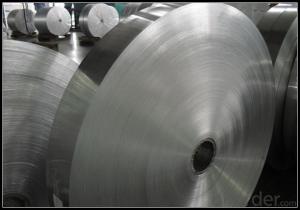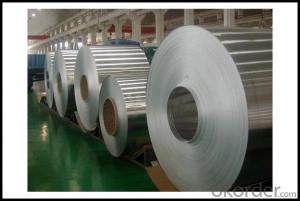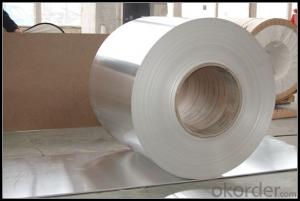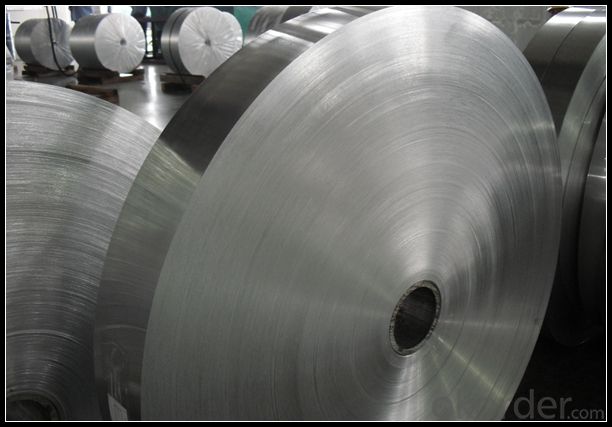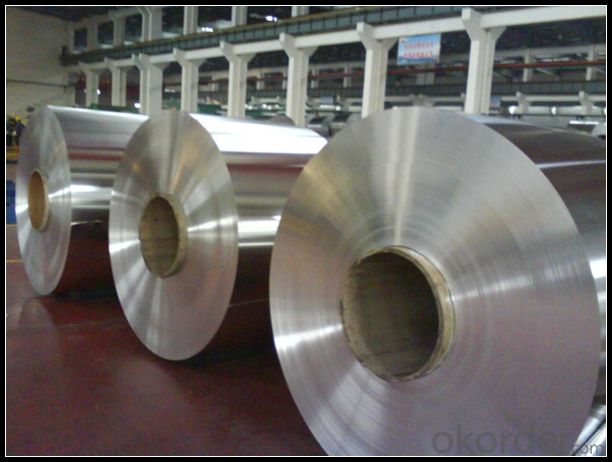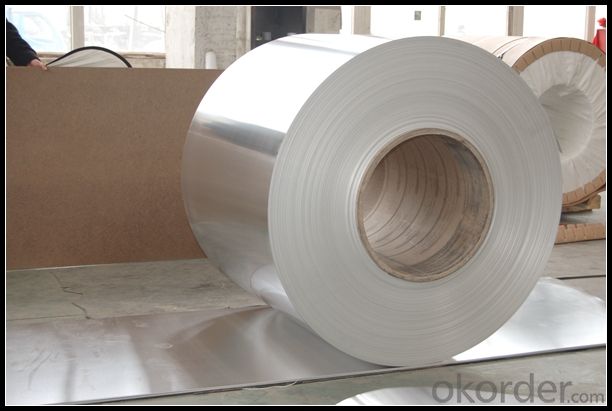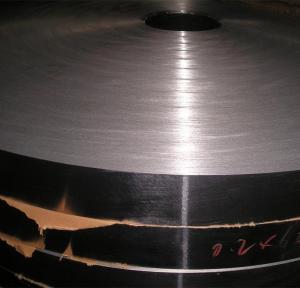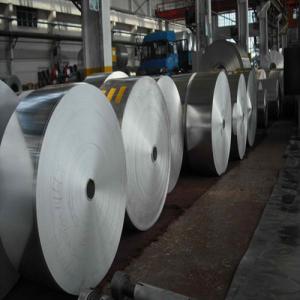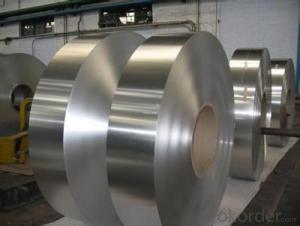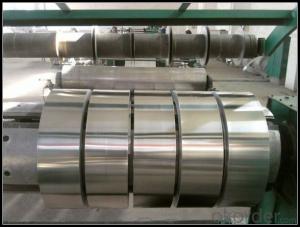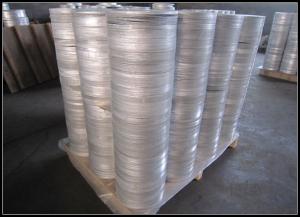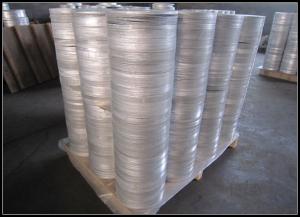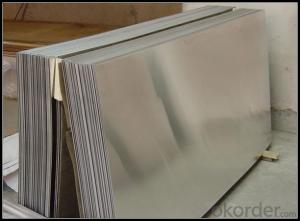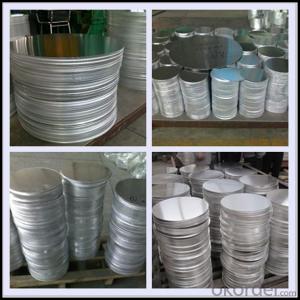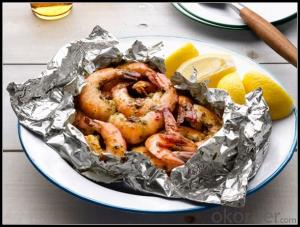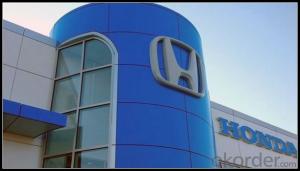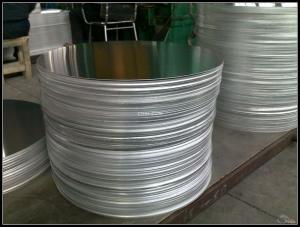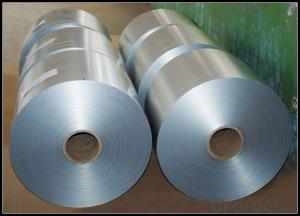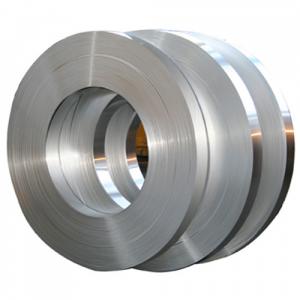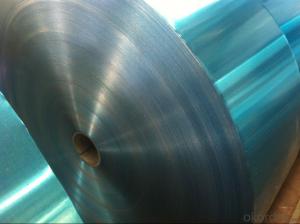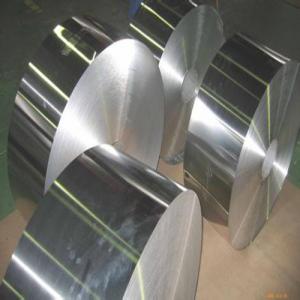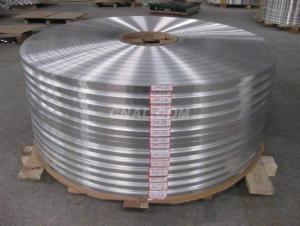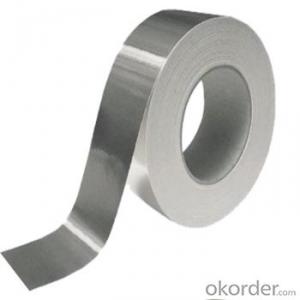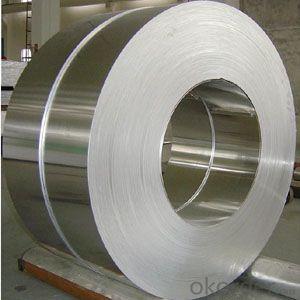Aluminum Moulding Strips - High Quality and Best Price 1060 1145 1050 1100 8011 3003 3004 5052 5083 6061 Aluminum Circle Coil
- Loading Port:
- Tianjin
- Payment Terms:
- TT OR LC
- Min Order Qty:
- 1 m.t.
- Supply Capability:
- 4999 m.t./month
OKorder Service Pledge
OKorder Financial Service
You Might Also Like
Specification
1. Specification of Aluminum
1) Alloy | 1050, 1060,1100, 3003 3004 3105 3005 5005 5052 etc |
2) Temper | O/H12/H14/H1/H18/H32/H34/H36/H38//H111/H112/H116/H321/T6/T651/T3/T351 etc |
3) Thickness | 0.1mm to 6mm |
4) Width | 20mm to 3300mm |
5) Coil weight | 100kgs to 6 tons depends on actual requirement |
6) Core material | Aluminum alloy |
7) Coil Inner diameter | 76mm, 152mm,or as required |
2. Application of Aluminum
(1).facades, roofing, canopies, tunnels,alumina
(2).sulfates
(3).niche compounds
3. Feature of Aluminum
which British chemist and inventor Humphry Davy employed in 1808 for the metal he was trying to isolate electrolytically from the mineral alumina. The citation is from the journal Philosophical Transactions of the Royal Society of London: "Had I been so fortunate as to have obtained more certain evidences on this subject, and to have procured the metallic substances I was in search of, I should have proposed for them the names of silicium, alumium, zirconium, and glucium."
4. Certificate:
SGS and ROHS(if client request, paid by client), MTC(plant provided), Certificate of Origin(FORM A, FORM E, CO), Bureau Veritas and SGS (if client request, paid by client), CIQS certificate
5. Image of Aluminum
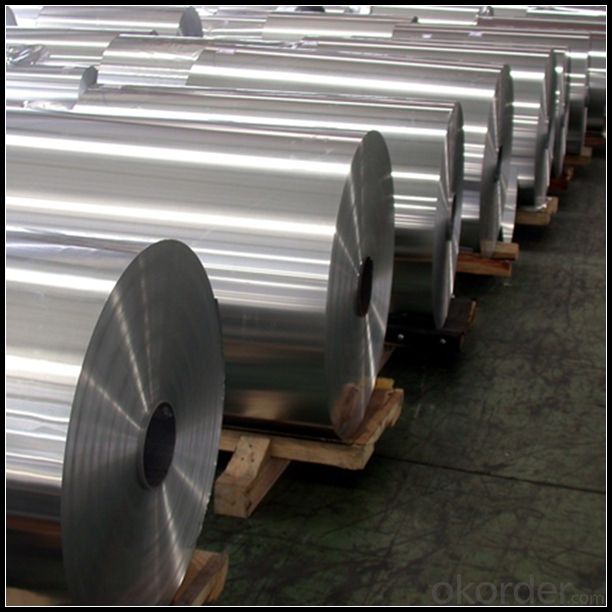
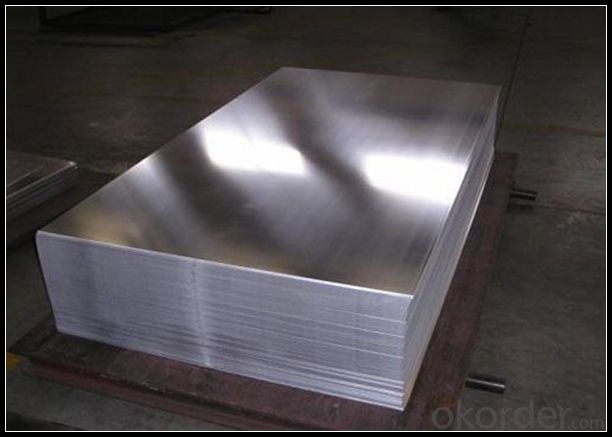
6. Our Service
1. Reply your enquiry in 24 working hours. |
2. OEM, buyer design, buyer label services provided. |
3. Exclusive and unique solution can be provide to our customer by our well traned and professional engineers and staffs. |
4. We can provide free sample for your check |
5. We have the certification of ISO 9001 |
6. Timely delivery |
7. Special discount and protection of sales area provided to our distributor. |
8. Good after-sale service. |
7. FAQ
Q: What is the produce prase? | ||||
A: Normally it would be 40days after received your deposit. | ||||
Q: Can you provide free samples? | ||||
A: Yes, free samples will be sent to you on freight at destination. | ||||
Q: Can I get your latest catalogue? | ||||
A: Yes, it will be sent to you in no time. | ||||
Q: What is the MOQ? | ||||
A: 3 tons | ||||
Q: What are your payment terms? | ||||
A: We accept L/C, D/A, D/P, T/T, West Union,etc. |
- Q: Is it possible to utilize aluminum strips for creating decorative patterns or designs on the exterior of buildings?
- <p>Yes, aluminum strips can be used to create patterns or designs on building exteriors. They are lightweight, durable, and resistant to corrosion, making them ideal for outdoor applications. Aluminum strips can be cut, bent, and shaped into various forms to create intricate designs and patterns. They can also be anodized or painted to achieve different colors and finishes, enhancing the aesthetic appeal of the building's exterior.</p>
- Q: This question asks for the cost involved in the production of aluminum strips.
- <p>The cost of aluminum strip production varies significantly and depends on several factors including the cost of raw materials, energy costs, labor, machinery, and market demand. Additionally, the cost can be influenced by the scale of production, efficiency of the production process, and the specific grade or alloy of aluminum used. As of 2023, the cost of aluminum on the London Metal Exchange (LME) is a key factor, as it represents the base price for aluminum. However, to get an accurate cost for aluminum strip production, one would need to consider all these variables and possibly consult with industry-specific cost analysis or directly with aluminum producers for the most current and detailed figures.</p>
- Q: What are the benefits of utilizing tailor-made aluminum strips?
- <p>Custom-made aluminum strips offer several advantages, including precise fit and dimensions tailored to specific applications, enhanced durability due to the material's strength and corrosion resistance, and cost-effectiveness as they can be designed to minimize waste. They also allow for unique designs and shapes that standard strips may not offer, providing a competitive edge in industries where aesthetics and functionality are crucial. Additionally, custom aluminum strips can be anodized or coated to meet specific color or finish requirements, enhancing their versatility in various applications.</p>
- Q: What are the characteristics of the 5052 aluminum strip?
- Al Mg anti rust aluminum, high fatigue strength, plasticity in high resistance to corrosion, heat treatment can not enhance, contact welding and welding of atomic hydrogen, argon arc welding has the tendency of crystal crack, alloy and semi Xinghua hardening state of machinability is better in the cold.
- Q: What characteristics of aluminum strips make them an ideal material for roofing purposes?
- <p>Aluminum strips are suitable for roofing due to their lightweight nature, which reduces structural load. They offer excellent corrosion resistance, protecting against rust and decay, and are highly durable, maintaining their integrity for decades. Aluminum's malleability allows for easy shaping into various profiles, enhancing design flexibility. Additionally, aluminum strips reflect heat well, reducing energy consumption for cooling, and they are recyclable, contributing to environmental sustainability.</p>
- Q: Is it possible to use aluminum strips for creating electrical connections?
- <p>While it is technically possible to use aluminum strips to make electrical connections, it is not generally recommended due to several reasons. Aluminum has a higher electrical resistance compared to copper, which is the standard material for electrical wiring. It is also more prone to corrosion and can form aluminum oxide, which is an insulator, leading to poor connections over time. Additionally, aluminum expands and contracts more than copper with temperature changes, which can cause connections to loosen. For reliable and safe electrical connections, copper or other approved materials should be used.</p>
- Q: Is it possible to utilize aluminum strips as decorative elements within a home?
- <p>Yes, you can use aluminum strips to make decorative accents for your home. Aluminum is a versatile material that is lightweight, durable, and resistant to corrosion. It can be used to create modern and sleek accents, such as trims, wall art, or even furniture accents. Due to its malleability, aluminum can be shaped into various designs and finishes, allowing for a wide range of decorative possibilities. Ensure that the aluminum strips are properly secured and finished to prevent any sharp edges and to maintain a polished look.</p>
- Q: The question asks if it's possible to use aluminum strips as flooring material in kitchen or bathroom areas.
- <p>Aluminum strips can be used for flooring in kitchens and bathrooms, but they are not the most common choice. They are known for their durability, resistance to moisture, and ease of cleaning, which are desirable traits for these areas. However, they can be slippery when wet, making them a less safe option for bathrooms. They also lack the warmth and comfort of other flooring materials, like tiles or wood. For kitchens, aluminum strips can be a good option for their low maintenance and resistance to spills, but they may not provide the aesthetic appeal that many homeowners desire. It's important to consider the specific needs and preferences of your space when choosing flooring materials.</p>
- Q: This question asks if there are different types of aluminum with varying levels of electrical conductivity.
- <p>Aluminum, as a pure element, has a consistent electrical conductivity. However, its conductivity can be affected by the presence of impurities or alloying elements. In general, the higher the purity, the better the conductivity. Alloys like 1100 aluminum (99.00% pure) have the highest conductivity among aluminum alloys. Adding elements like copper, magnesium, or silicon to aluminum can increase its strength but will decrease its conductivity. Therefore, while there isn't a 'better' type of aluminum in terms of conductivity, there are alloys with varying levels of conductivity based on their composition and purity.</p>
- Q: What is the standard thickness for aluminum strips and what is it commonly used for?
- <p>The thickness of aluminum strips can vary widely depending on their application, but common thicknesses range from 0.005 inches (0.127 mm) to 0.5 inches (12.7 mm). Aluminum strips are typically used in various industries such as construction, automotive, aerospace, and packaging. They are utilized for manufacturing parts, creating foils, and in applications requiring lightweight, strong, and corrosion-resistant materials.</p>
Send your message to us
Aluminum Moulding Strips - High Quality and Best Price 1060 1145 1050 1100 8011 3003 3004 5052 5083 6061 Aluminum Circle Coil
- Loading Port:
- Tianjin
- Payment Terms:
- TT OR LC
- Min Order Qty:
- 1 m.t.
- Supply Capability:
- 4999 m.t./month
OKorder Service Pledge
OKorder Financial Service
Similar products
Hot products
Hot Searches
Related keywords
